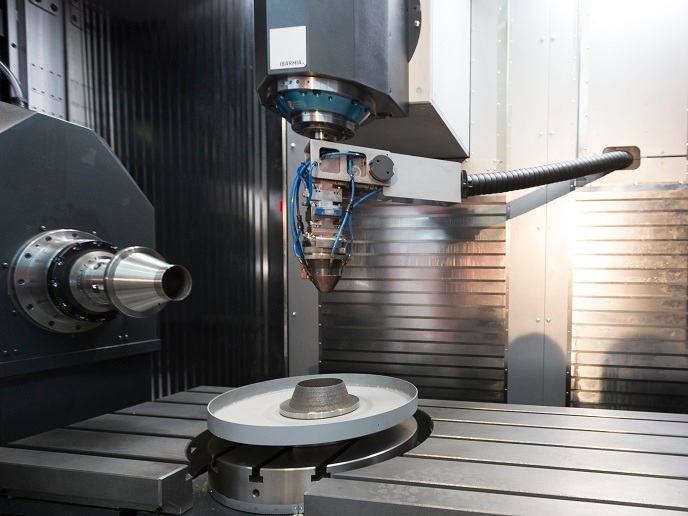The history of technological change and transnational networking
The project TRANSTEC (Transnational networking, knowledge circulation and technological change in early modern east central Europe. The case of Hutterite artisans (c.1560-1720)) investigated how different patterns of transnational networking enabled technological innovation. Drawing on the sociology of socio-technical change, research questions considered how a network becomes productive and how transnational non-economic ties become sources of technological change. Efforts to bring together research on textual sources and on material sources led to an innovative combination of the histories of religion and high-end material culture. TRANSTEC constructed a database with information on the Moravian, Hungarian and Transylvanian Anabaptists. The team collected data from the Hutterite documents (commonly referred to as Chronicles) and other documents relevant to their life in the targeted study period. An ethno-religious group and communal branch of Anabaptists, the Hutterites started faience production in the 16th century. The database helped to identify individuals and also show links between technical dissemination/change and circulation. An important aspect of the work was identifying and analysing the dissemination patterns. Other project activities included training, and broadening and reinforcing interdisciplinary and international research experience. The research and publications evolved from a mainly local social history approach to transnational and dynamic aspects of the history of religious minorities and the history of technology. Great attention was devoted to working with Italian materials and skills in reading Italian manuscripts of the 16th and 17th centuries. The project's focus on topics related to diaspora, religious minority, religious tolerance, and material and consumer culture aligns well with contemporary concerns. TRANSTEC research and findings contribute to dialogue between eastern and western Europe regarding the history of technology.







